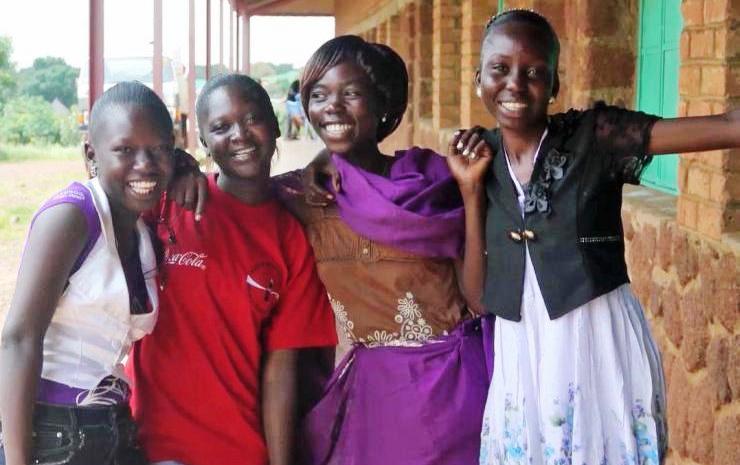Daniel Comboni
Misioneros Combonianos
Área institucional
Otros links
Newsletter
Friday, February 23, 2018
The Loyola Secondary School (Lss) in Wau, South Sudan, is a school, but also a shelter. It is a place where boys and girls can find serenity and build the future, beyond violence and war. “The quality of education is an important factor in breaking the cycle of poverty, and our hope is that the institute will provide South Sudan with leaders, men and women of tomorrow, committed to serving their people with integrity and justice”, said the headmaster of the institute, the Jesuit Beatus Mauki.
South Sudan
Quality Education To Break The Vicious Circle Of Poverty & War
The Loyola Secondary School (Lss) in Wau, South Sudan, is a school, but also a shelter. It is a place where boys and girls can find serenity and build the future, beyond violence and war.
“The quality of education is an important factor in breaking the cycle of poverty, and our hope is that the institute will provide South Sudan with leaders, men and women of tomorrow, committed to serving their people with integrity and justice”, said the headmaster of the institute, the Jesuit Beatus Mauki.
Founded in 1982 by the Society of Jesus, the Loyola Secondary School has long been closed due to the war fought between North and South Sudan. With the independence of the South, activities resumed and soon the number of students started to grow. Then, in 2013, the new civil war broke out between the armed forces and the Nuer militias that soon turned into a gang struggle that hit the whole country. In four years, at least 50 thousand people have died, thousands more have been forced to leave their home. 40% of the 12 million inhabitants have problems eating properly.
“The civil war”, explains the headmaster, “has devastated the country”. Fighting has spread to all the provinces, the school activity has slowed down, but has not stopped. The Loyola Secondary School, which has 580 students, 35 teachers and six Jesuits, has managed to create a unique space where young people coexist peacefully beyond ethnic differences. The school also offers a space to aspire to reach their full potential and guarantees the opportunity to enjoy their youth.
This is rare in South Sudan, where the militias have recruited over 19 thousand children and at least one school out of three is damaged, destroyed, occupied or closed. Many children have lost their parents and are forced to take care of their younger brothers.
Aware of this situation, the school’s supervisors, thanks to the commitment of the Jesuit missionary structures, have begun to offer scholarships to the neediest children and a nutritious breakfast, which, for some, is their only meal of the day. Almost 60% of students live in refugee camps and some of them are orphans. Fr. Mauki attributes “the improvement of the physical and mental abilities of the students to the food programme”.
Comboni Missionaries





